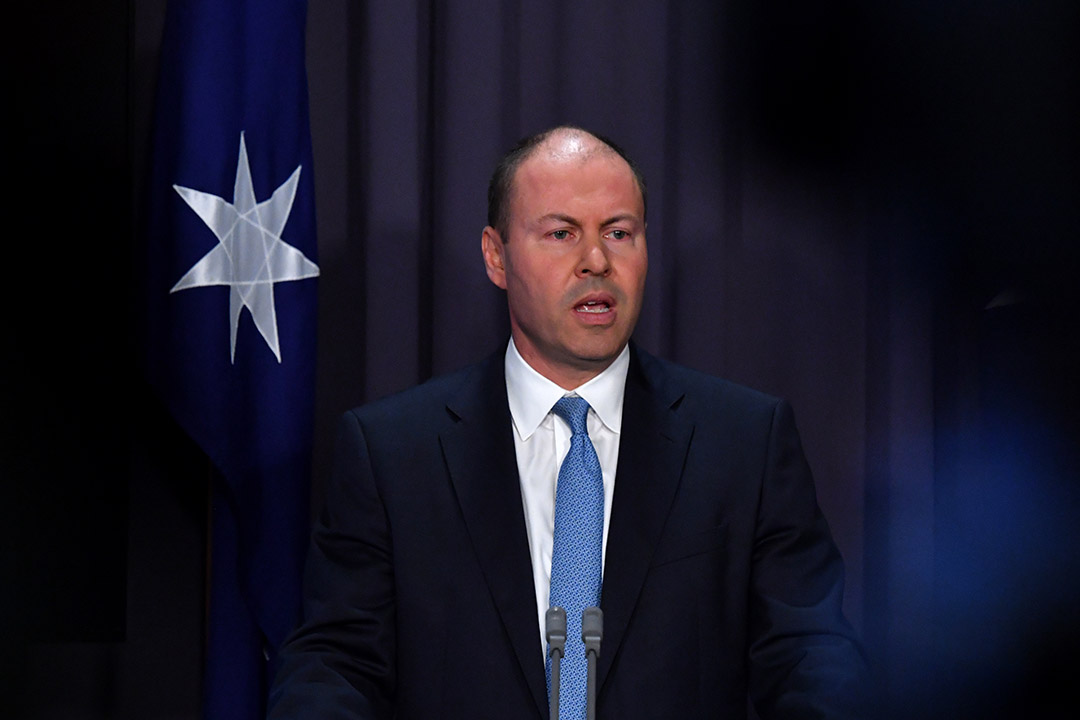

The big story of today is that the Treasurer soon will announce an ongoing rescue programme for the tourism and aviation industry. But the really interesting predictive story is how much we saved between April and December, which will be a huge war chest to power the economy over the next few years.
Be clear on this: most of the economy is rebounding and in actual fact some people are actually better off because of the Coronavirus craziness.
In the June, September and December quarters of last year, we Aussies socked away savings to the tune of $120 billion more than we would have squirreled away over that time!
This has led CBA economists to predict it will be spent providing a huge boost for the economy. The Australian quoted CBA’s head of Australian economics, Gareth Aird, who said: “I think a good chunk of it will find its way into consumer spending — households will smooth consumption over a few years by drawing down on some of the accumulated savings.
“There will be a boost on services spending in 2021 in particular and some of that will be funded from savings accrued in 2020.”
And a lot of people who might have been worried about their debt levels linked to their homes will be able to pay down debt at a time when the value of their homes has spiked and the interest rates they’re paying back have fallen.
So while a big chunk of Aussies will be able to let loose with spending on services such as renovations, international and local tourism, personal improvements like fixing up their eyes, their overall health and even their hairlines!
And others might use the excess savings that came about because we couldn’t spend on travel overseas, go to pubs, restaurants, clubs, concerts, footie games and so on, to pay down debt. Yep, some people who might have been struggling with their finances before the Coronavirus came to town, might have been given a “get out of jail” card from the virus.
Consider the employee who’s now working from home and saving $30 a day on travel and eating outlays that were spent being an office worker, so they’re $150 a week better off! That was like a pay rise of two to three hundred dollars, depending on their tax rate.
Deloitte Access Economics partner Chris Richardson says that while our economy did shrink by 1.1% over the year because of the pandemic restrictions, the bigger story is that our real national income has grown by 2.1%. And that’s great news for the businesses that will be the recipients of our spending over the next few years.
(If you want to see what companies on the stock market my experts think will do well because of this big pool of savings over the next year or so, check our my Switzer TV Investing show from last night, where I looked for quality companies that have been recently beaten up and which will do well in coming years — stock-price-wise.)
This news about how our savings will help rescue the economy, businesses and potentially unemployed Australians, comes as JobKeeper finishes at the end of this month.
The NSW Treasurer Dominic Perrottet wants the wage subsidy to stop, while his federal counterpart Josh Frydenberg looks set to offer targeted support to the tourism sector and the aviation industry, while finding $1.2 billion to bankroll 70,000 apprenticeships.
The Australian reveals that Carlos Cacho, chief economist at investment bank Jarden, says there are still 1.1 million workers receiving JobKeeper and 1.4 million on JobSeeker. How this affects the jobless rate after March could be challenging.
That said, the fact that the economy is powering with $120 billion of extra savings ready to be spent, especially on services, suggests job creation will be powerful over 2021 and 2022 once we get flying, holidaying, going to cinemas and so on again.
This should help turn the so-called “fiscal cliff” that was expected to throw employees and the economy into the abyss after JobKeeper finished, into a manageable step down.
Chris Richardson said JobKeeper’s end was “less scary than people realise”. That’s because it has already been progressively peeled back as businesses did well and couldn’t qualify for the help. “People have an outdated view of how big that is,” he told The Australian.
A really important point was made by CBA economist Gareth Aird: a dollar spent on local services has a bigger bang for its buck because most of it goes to pay incomes for Australians. “When a consumer buys a meal at a restaurant or gets a haircut, the money spent ends up as income to the restaurateur or the hairdresser,” he said. “So, any drawdown of savings will boost income in the economy simultaneously.”
Of course, there will be losers when JobKeeper ends, but at least the economy should be really healthy enough to offer new job opportunities, especially with a lot less foreign workers here nowadays.
And one last interesting observation about our post-virus economy,
The Reserve Bank tells us we spent $7.38 billion less on our credit cards in January compared to one month earlier. However, retail lifted by 0.5% in the month, and as we aren’t using cash because of its potential to carry germs, we must be using debit cards and these buy now pay later options.
Stocks like Afterpay and Zip are currently out of favour on the share market (because tech stocks are on the outer), but it seems likely the BNPL stocks will come again as we start spending that tsunami of savings, ironically dumped on us via that damn Coronavirus!